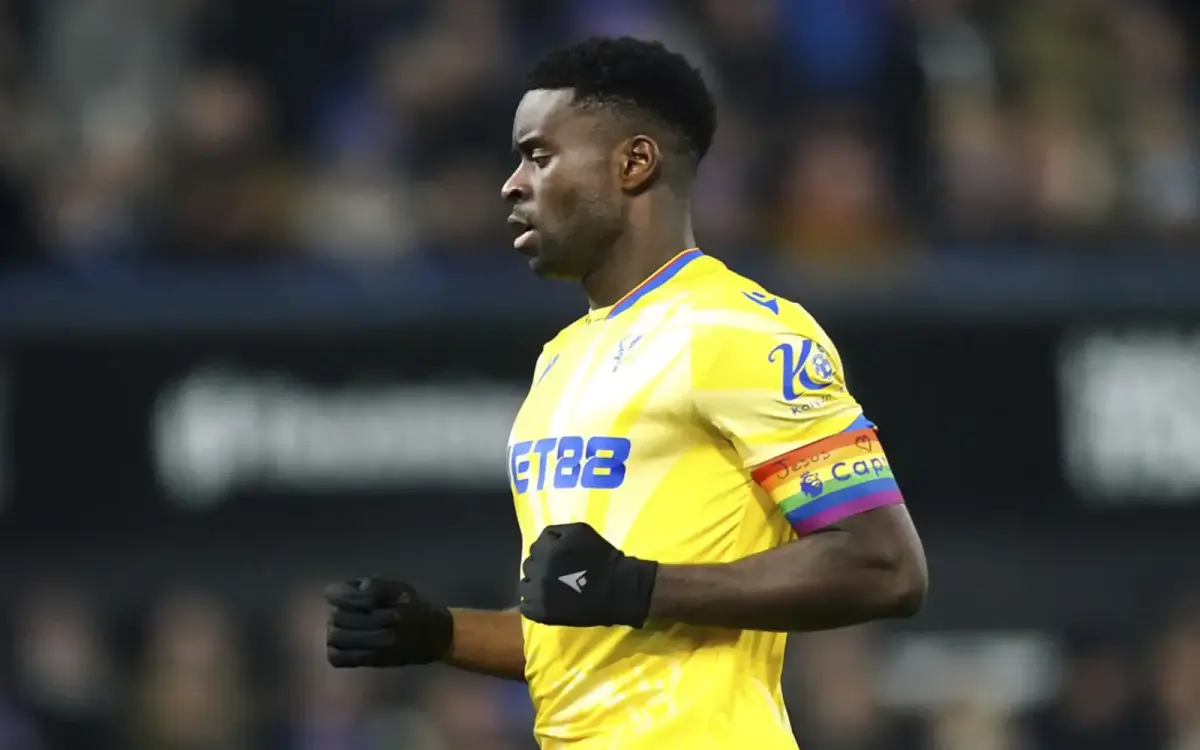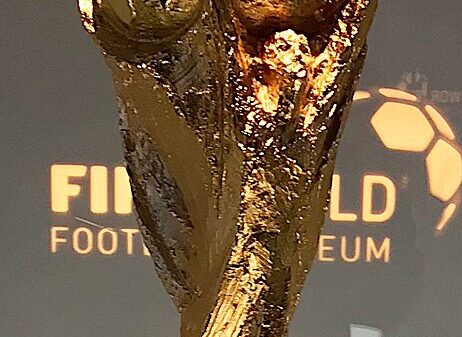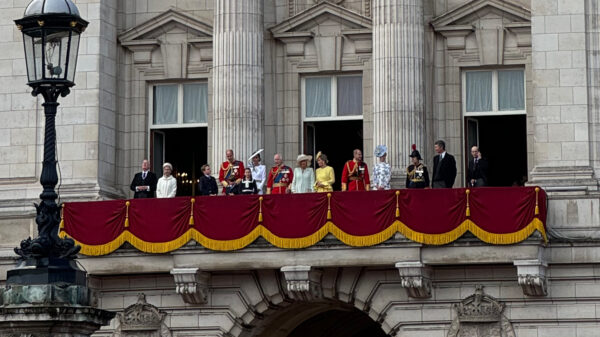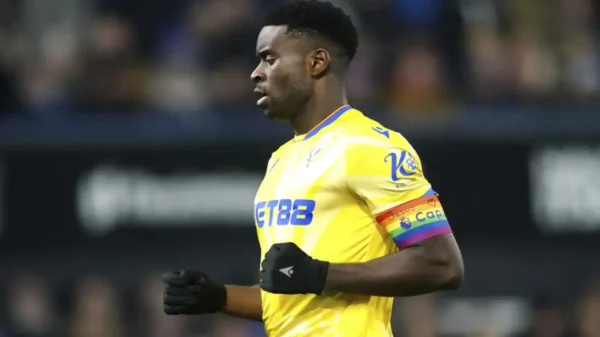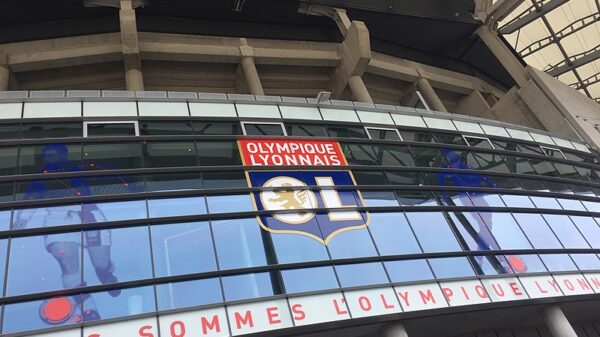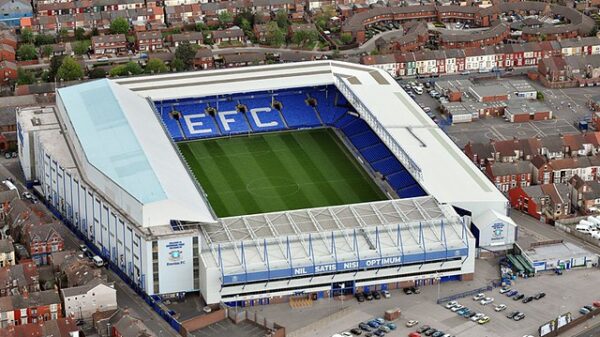Staff writer Grace Holloway discusses the controversy around Marc Guéhi writing ‘I love Jesus’ over his rainbow captain’s armband last week.
On Saturday the 30th of November, as part of the Premier League’s Rainbow Laces Campaign, Captain’s were asked to wear a rainbow captain’s armband.
The Rainbow Laces campaign repeats for one week yearly, partnering with Stonewall to encourage LGBTQ+ acceptance. Similar to the Premier League’s ‘No Room for Racism’ campaign, the main aim is to combat discrimination and promote diversity within football. Armbands, corner flags and display boards are changed to promote the cause in both campaigns.
Controversy arose last week when English centre-back and Crystal Palace captain Marc Guéhi decided to write ‘I love Jesus’ on the top of the armband. This comes after Ipswich captain Sam Morsy became the only captain not to wear it due to religious reasons, as he is a practicing Muslim.
The FA investigated Marc’s armband modification with with no disciplinary action, apart from a reminder that religious messaging is prohibited on football jerseys.
The FA’s Law 4 states ‘Equipment must not have any political, religious or personal slogans, statements or images.‘ This was clearly violated in this case, yet has still generated an ongoing discourse about religious free speech.
Despite the formal warning, Guéhi chose to write ‘Jesus loves you’ across the armband on Tuesday night when Palace took on Ipswich.
Guéhi comes from a Christian family where his dad is a Church Minister. The Crystal Palace team also has a high number of religious, mainly Christian players.
The real issue here, is that it is unclear what his intentions behind this are, as he has not spoken out on social media, nor has the club for clarification. Therefore this statement can be taken in multiple ways:
On the one hand, in the majority of thoughts, it could symbolise that the armband goes against his religious beliefs and he wants to stay true to this. On the other, he could be stating that Jesus loves you regardless of your sexuality.
It is unclear as to why, if he does feel so strongly against the armband, he did not just simply choose not to wear it rather than defacing it. Not wearing the armband seems more respectful than writing over it, especially knowing the Premier League’s regulations on religious statements.
This controversy is out of character for Guéhi, as a more shy player who only recently started up his social media accounts and has not made a statement like this before.
Social media and the football fan base have now called for politics to be distant from football. This often occurs after the promotion of any LGBTQ rights campaign, as many fans claim this should not be ‘shoved down people’s faces.’
Guéhi’s father has also spoken to the press and accused the league of double standards after not punishing Morsy for not wearing the armband. He also spoke out, claiming the decision was not at all disrespectful or offensive.
“Jesus loved everyone therefore by saying ‘I love Jesus’ on his armband I really don’t see what is offensive and what the problem is.” – Speaking to the Daily Mail
Unfortunately, sport is still not viewed a safe space for those from the LGBTQ community, therefore these campaigns are still relevant, as is the ‘No room for Racism’ campaign, and recent campaigns by football clubs to combat sexism against women.
Debates have also emerged on social media over the crossover of religious practices and football, with reference to the wearing of Betting sponsors despite it going against many religious views. However it seems it is just this campaign that is being opposed on religious grounds.
The FA have chosen again not to prosecute the English star, even though he defied their warning. The high controversy surrounding this issue may be something the FA does not want to involve itself further in, as it may result in wider criticisms.
It will be interesting to see any further developments, especially if Guéhi was to make a statement clarifying his position and views.

